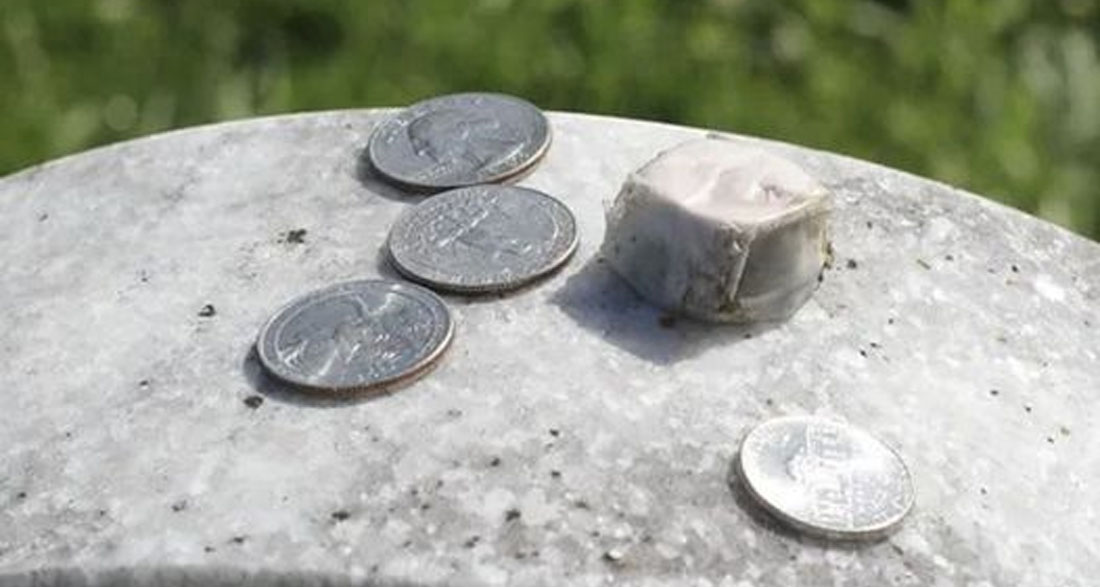Honoring a Memory with a Small Coin: The Tradition of Pennies on Gravestones
Losing someone you love is one of the hardest things anyone can go through. When a loved one passes away, finding a way to honor their memory becomes important for many people. While it’s common to bring flowers or leave notes at graves, there’s one gesture that stands out, especially when it comes to veterans and military members—placing a penny on their gravestone.
A Tradition Through Time
This tradition, while its exact origins are unclear, may have roots going all the way back to the Roman Empire. Back then, it was believed that placing coins on graves helped the deceased in their journey to the afterlife. Some say this is where the idea of putting coins on graves began, but there isn’t solid proof to back that up. What we do know is that for families and friends of military members, this gesture carries deep meaning.
During the Vietnam War, emotions ran high, and the war became a controversial topic. People found it difficult to express their feelings about the war or those who fought in it. The simple act of leaving a coin, especially a penny, became a way to quietly show respect without getting involved in uncomfortable conversations.
It was a way to honor soldiers without bringing up the heated debates about the war itself. People could silently pay tribute, saying, “I was here, I remember, I care.”
The Meaning Behind Every Coin
The coins left behind on a soldier’s grave aren’t just random; they each have their own special meaning:
- A penny shows that someone visited the grave and paid their respects.
- A nickel means the visitor went through boot camp with the fallen soldier, marking a deeper connection.
- A dime represents that they served together, perhaps for a short time but enough to leave a lasting bond.
- A quarter holds the most significance. It means that the person who left it was there when the soldier died. It’s a powerful symbol that says, “I was with them in their final moments.”
These coins become a physical way to honor the sacrifice of those who served, creating a bridge between the past and present, letting families know their loved ones are remembered and respected.
Coins Through History
Not all military traditions involve money or coins, but military service members often value a different type of coin—challenge coins. These coins are given and traded among soldiers as tokens of friendship, bravery, and honor. They might not have monetary value, but they are rich in meaning, symbolizing unity and respect between those who share them.
Coins have played important roles in cultures throughout history. In some cases, coins were seen as symbols of wealth and good luck. There are even stories of people being buried with coins or riches to take with them to the afterlife. One famous story is that of President Abraham Lincoln, who was buried with coins covering his eyes, totaling two dollars and fifty cents.
Whether it’s the Roman Empire, military traditions, or simply a penny on a gravestone, coins have long been used to symbolize respect, luck, and connection. When you lay a coin on a grave, you’re part of a tradition that recognizes the unmeasurable value of sacrifice—something far more valuable than the coin itself.
A Simple Yet Powerful Gesture
Even though placing pennies on gravestones doesn’t have a direct link to money, the meaning is deeper. It’s about remembering the extraordinary efforts and sacrifices made by military members and their families. Each coin serves as a small, but meaningful reminder that their service will not be forgotten. It’s a way to say, “Your sacrifice is priceless, and we honor it.”
What do you think about this tradition? Have you ever placed a coin on a loved one’s grave? Share your thoughts in the comments below!


